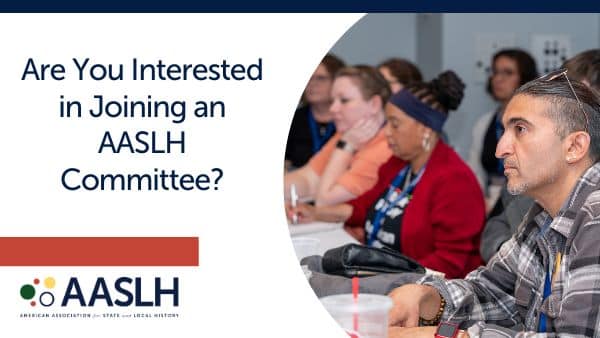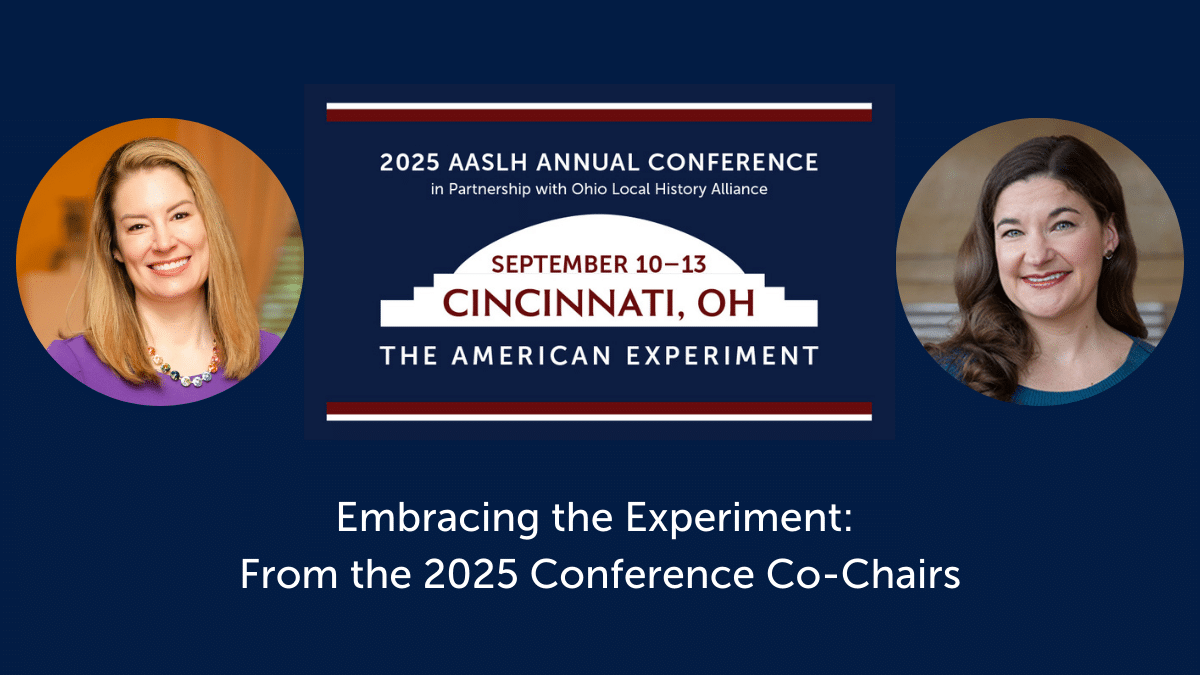
By W. Todd Groce, President and CEO, Georgia Historical Society, Savannah, GA
“Here we go again.”
That was my first thought when I watched the stock market go into a free fall during the second half of March. This current economic downturn is the third I’ve endured during the course of my thirty-year career as a public history executive. I knew what was coming and what we as leaders would be called upon to do, the tough decisions we would have to make, in order to weather the storm.
Fortunately, during the post 9/11 recession and Great Recession of 2008, the Georgia Historical Society received good advice and made good decisions early in the game that allowed us to end each year in the black, well-positioned to start growing immediately once the economy got back into full swing.
Based on those trying experiences and the lessons we learned, here is some advice as we enter yet another economic crisis:
Fundraising: Stay in close touch with your top donors and shape your own message, emphasizing education (which is compelling) rather than “culture.” One important lesson we learned back in 2008 is that for many donors, culture seems less important when times are tough. But education is always a priority.
Don’t think that a bad economy means you shouldn’t ask for money. Adjust your expectations, but keep fundraising, by which I mean keep building relationships. Be sensitive to current conditions and anxieties and don’t ask for anything right now other than a few minutes of their time. Get on the phone (don’t use email as a substitute) and express your appreciation for past support. You’ve worked hard over the years to build relationships and trust. Now is the time to capitalize on that. Donors will remember and appreciate that you remembered and appreciated them.
Financial: Create several different budget scenarios based on reduced revenue. Get ahead of the problem by making decisions about scaling back sooner rather than later, especially with big expense items like salaries. Start to strategically implement layoffs and furloughs, and see this as an opportunity to accelerate contemplated changes in personnel. If you think you need to reduce your workforce in order to stay afloat, do it early and do it as deeply as you think will be ultimately necessary. You can always hire back, and it becomes a morale issue if you continually implement layoffs. Everyone will wonder who’s next and productivity will plummet.
I know it is very difficult, but more than likely you will have to let some people go in order to protect the others. Just remember, you are being paid to make the tough decisions and to ensure the survival of your institution.
Some of the best advice I got during the previous crises was to make tough decisions early rather than hoping that things will be better later—because they won’t. Hope is not a plan. Think like a business, not a nonprofit, which is often an excuse for sloppy practices. If you wait, hoping it’s all going to work out or that your board will save you, it may be too late to recover.
Cash will be critically important, so take steps now to improve your liquidity. Hopefully you have planned for a rainy day by building a cash reserve sufficient to operate 6-12 months with limited revenue. Even if you have a healthy reserve, start making decisions now as to what is core mission, what functions and activities are critical for you to implement, versus those things that are nonessential, such as capital expenditures, travel, new hires, etc.
One thing I would be careful about cutting back on are your core services. Just make sure you are delivering those in a cost-efficient manner (where possible, take steps to eliminate duplication and introduce technology) and that you have a media campaign designed to help the public know what you were doing to improve education and that you are still relevant.
Make the connection between fundraising and finances: Let your donors know the steps you’ve taken to control expenses and how you are wisely and cost- effectively spending their money on the things that matter to them. You should know what is important based upon your interaction with your donors. For instance, individuals will typically prize education and programs for children. Most corporations and foundations will post on their websites what their giving priorities are. Make sure that you align your request with their objectives and look at them as partners with whom you share a common goal.
Leadership: Keep everyone—your board and your staff—focused on moving forward. They will take their cue from you, so set the right tone. Stay calm and optimistic. Practice Servant Leadership, and prioritize your people and their success and good health. But also remember that as the CEO, your first responsibility is to your institution and its survival. Our role is to make the tough decisions and we mustn’t let our courage fail.
It is true—there’s always a silver lining: Remember that the difference between a crisis and an opportunity is how you react to it. You can’t control the economic conditions, but you can control your actions and attitude. Look for opportunities in this situation to move in new directions, shed unnecessary or underperforming employees, get back to the basics of your mission, implement technological improvements, introduce your institution to new audiences, and prove your relevance to the community.
This will eventually pass. If you make good choices now, you will be stronger later, both personally and institutionally, and you will be well positioned to start growing again once the economy recovers.
Todd Groce, Ph.D., is the President & CEO of the Georgia Historical Society. He has over 30 years of experience as an administrator and educator and has led institutions in raising nearly $100 million for educational programs, capital projects, and endowment.
How is your institution coping with COVID-19? Share your ideas and experiments with the field on our blog. Email [email protected] to submit a blog post.



